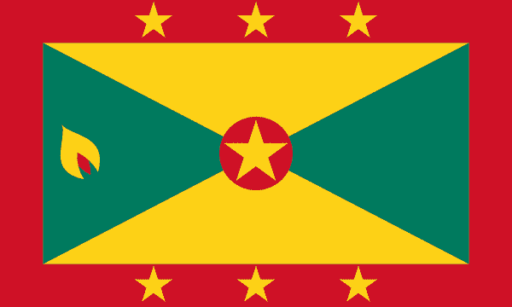The original idea of sending DMCA notices to websites was to help different companies protect their copyrighted content online. DMCA notices are sent in cases where a clear infringement of copyrights occurs. Google, being the most-used search engine, is often sent DMCA notices to take down different sites from its search results over alleged infringement. Interestingly, Microsoft recently asked Google to censor BBC, CNN, Wikipedia, TechCrunch and many other mainstream websites.
Apparently, Microsoft is gearing up to counter any possible infringement of Windows 8. And in doing so, it is heavily relying on automated filtering software which finds out such links or web pages which may contain copyrighted content.
Microsoft recently sent Google a DMCA notice in which it has asked the latter to censor a number of websites from its search: these sites include HuffPo, CNN, BBC, Wikipedia, TechCrunch and others. Once you scour through the links Microsoft has provided in its DMCA notice, you realize that nearly none of them contains any infringement of Microsoft’s copyrighted content.
The list also asked for censoring other less-known websites such as AMC Theaters. While Google didn’t censor BBC or Wikipedia, it seems to have removed AMC Theaters from its search results even when AMC’s link didn’t infringe any copyrights content.
Given the sheer bulk of copyright content, the misuse of DMCA notices is becoming a daily routine. From content industry to tech giants, everyone is sending hundreds of DMCA notices each month to different sites, without verifying how correct these notices are. The reliance on automated software, naturally, doesn’t help much since these software often end up making mistakes.
Courtesy: Torrent Freak
[ttjad keyword=”laptop-hp”]

